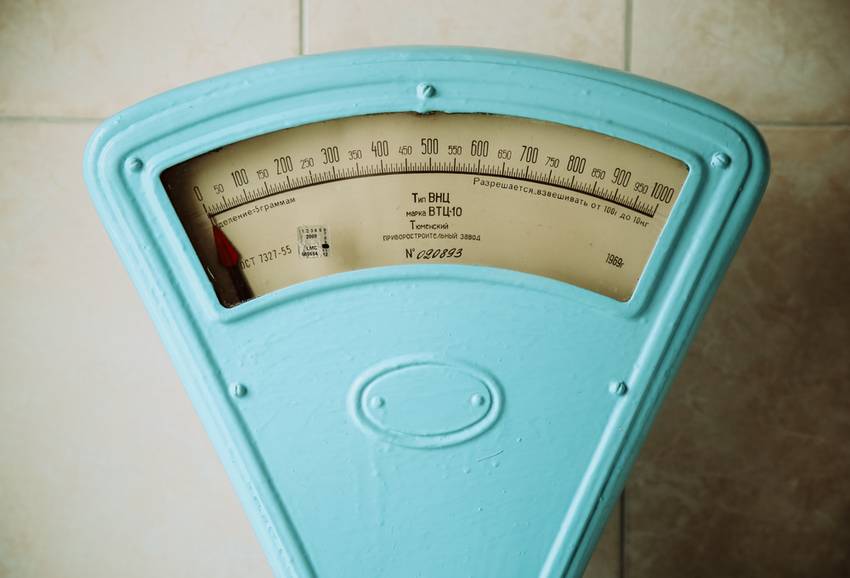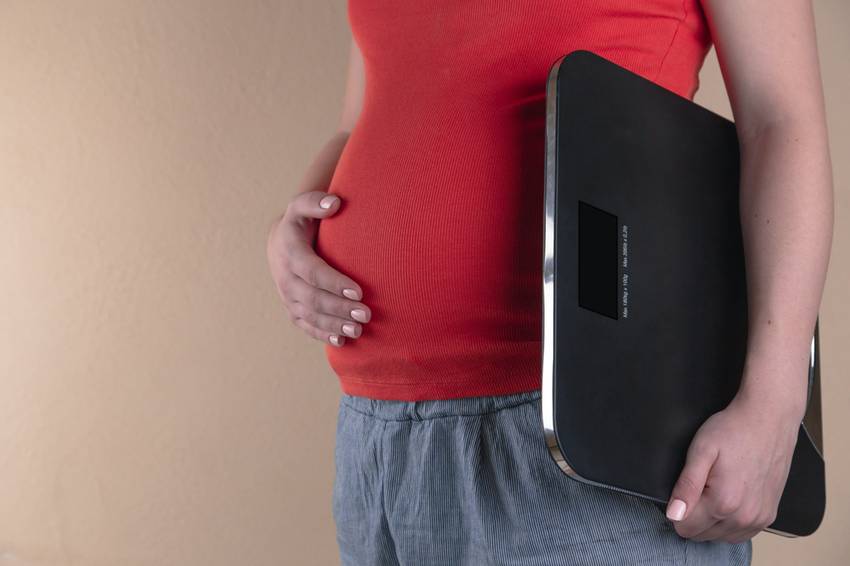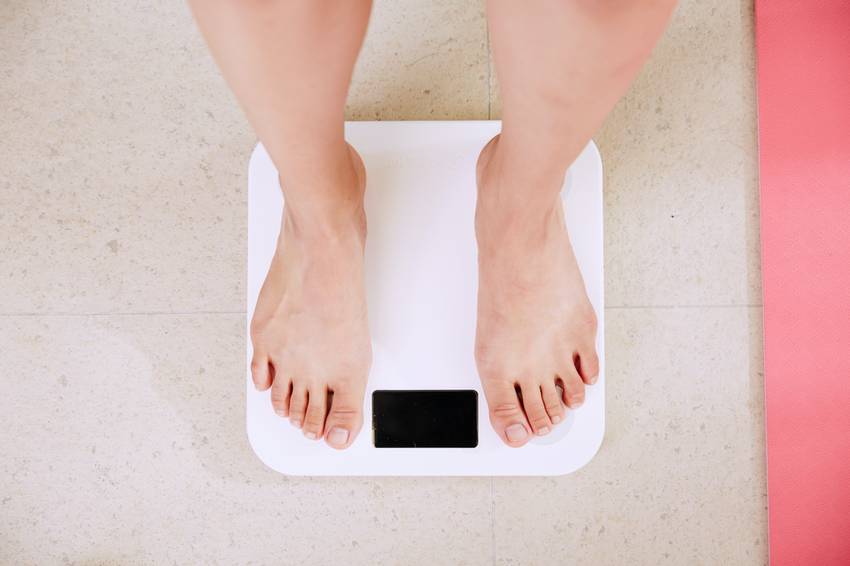When I first had my baby, I worried about his weight. I didn’t want to take him to the doctor every time I wanted to check on his weight, so I decided to weigh him at home. I spent a lot of time researching how to do this and finally found a few methods that work great for me.
So, How to weigh baby at home?
To weigh your baby at home, you have options to use a digital baby scale or a regular scale with a towel on it. First, weigh yourself and remember the number. Then, weigh yourself holding the baby and note the number.
To find the baby’s weight, subtract your weight from the total weight (of yourself holding the baby). It’s important to practice safety and ensure the baby’s comfort during the weighing process.
I’ve gathered all the information I could get from personal experience and research. Here’s what you need to know about weighing your baby at home.

How To Weigh Baby At Home?
Like most parents, you probably want your baby to have beautiful chubby cheeks and appear in excellent health. Even if this does not happen, you may check on their weight with their doctor for regular check-ups. However, these are generally not done very often and only occur once every few months. So, if you need to measure your baby’s weight at any other time than when they visit the doctor:
Kitchen Scale
When weighing an infant, place a large bowl or baking sheet on top and wrap it with a light cloth. Before placing the baby on top, press the tare button and reset the scale to zero. Kitchen scales are quite precise, so you’ll get the correct weight. However, you must be careful when setting the baby on top not to fall due to incorrect placement.
Bathroom Scale
Keep in mind that bathroom scales are not very accurate, but you will still be able to get a general idea of how much your baby weighs.
Specialty/ Digital Scale
Specialty scales are commonly found in doctors’ offices and were created to weigh babies. Even if your kid is napping, you may safely lay them on top because of their design. Most also provide real-time displays, so you don’t have to keep your kid still for too long. Every parent should desire knowledge about their child’s weight, particularly in the first few months following delivery.
You may compare their development accomplishments with where they are supposed to be at their age. This data is generally supplied to the parents in the hospital after birth.

It’s sometimes tough to determine if a baby is sick when there are no apparent symptoms. When your youngster drops weight significantly, it’s a huge indicator that something is wrong, and you should quickly call your doctor for an evaluation and therapy.
You can weigh your child every month until they are six months old, after which you may space it out to once every two months or so once they turn a year old. Your child’s weight is an excellent predictor of how fast they are growing. This is why learning how to measure a baby at home and maintaining a close eye on all health concerns might be advantageous.
Sling / Fish Scale
Lastly, an extremely handy and effortless method to weigh a baby at home is to use a sling with luggage or a fish scale.
There are several alternative designs to select from if you want to purchase one, and they’re all rather inexpensive: around $20 is typical. I’d seek one with a hook rather than a strap because it makes it simpler to hang a sling on it.
How To Weigh Baby At Home Without A Scale?
Simply put, you need a scale to weigh an infant properly. Although, there are other methods of determining growth. Generally speaking, babies’ exact weight isn’t as crucial as whether they’re developing healthily–you’ll be able to tell by their increasing size.

How To Perform A Weighted Feed For Breastfeeding Babies?
Parents commonly use a weight scale to understand how well their baby is doing with breastfeeding. It’s essential to have a scale that displays the weight in grams for more accurate results.
Before feeding, just place the infant on the scale and then again after. To determine how much your baby consumed in weight, subtract the first number from the second. This determines your baby’s capacity to drink breast milk by subtracting one from the other.
How Much Weight Should Newborns Gain Each Week?
Babies gain 5 to 7 ounces each week, on average.
What if my baby is losing weight? After birth, many babies lose weight and need to regain it in a few weeks. Several doctors say breastfed, and formula-fed babies’ weight gain varies considerably. When your baby has had enough to eat, there are certain signs:
- Diapers that are both wet and dirty.
- The baby is satisfied after eating.
- Your baby will let you know when it is time to eat.
If your baby is not gaining weight, it may be time to speak with a doctor.
Track Your Baby’s Weight With Growth Charts
Now that you know how to weigh baby at home, you can use growth charts to track your baby’s progress. These charts are useful tools for charting and tracking your baby’s growth over time, but they should not be used as diagnostic tools.
Some websites or applications let you enter your baby’s weight and length and keep track of their development. The graphs on these charts represent the typical pattern of healthy children’s growth.
Frequently Asked Questions
Q1: How do I check my baby’s weight?
Ans: You can use a weight scale to check your baby’s weight or you can ask your doctor to check your baby’s weight.
Q2: Can you measure a newborn at home?
Ans: Yes, you can measure a newborn at home using different types of scales.
Q3: How do you weigh a baby on the digital baby scales?
Ans: The baby’s weight can be measured on a digital scale by subtracting the first number from the second.
Q4: What time of day should I weigh my baby?
Ans: You can weigh your baby at any time of the day. But consult a doctor before you start weighing your child to know the proper method.
Q5: How can I increase my newborn baby’s weight?
Ans: You can increase your newborn baby’s weight by feeding them more frequently or giving them supplements.
Q6: Why and how often do you weigh your baby?
If you’re anxious or interested in your baby’s weight, weighing them weekly can give you peace of mind.







